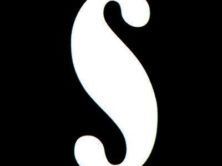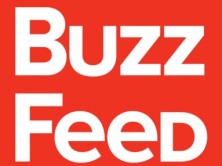NEWS OR SPIN? Churnalism.com makes it easy to compare press releases with UK "journalism." (Credit: Churnalism.com)
Churnalism.com, a new non-profit website established by the Media Standards Trust, seeks to identify when stories published in the news are actually press releases, The Guardian reported.
The Media Standards Trust defines itself as “an independent registered charity which aims to foster high standards in news media on behalf of the public. We’re a ‘think-and-do-tank’, conducting research on important media issues but also running projects (such as building websites, running prizes and organising events) to promote quality, transparency and accountability in news.”
The word churnalism is defined as a “news article based closely on a press release.” The word was apparently coined by BBC journalist Waseem Zakir.
Currently you can match up articles in “UK national press and BBC” by entering text from a story in question into the Churnalism site.
Churnalism’s FAQs cite Nick Davies’ book, Flat Earth News, which reports Cardiff University research that “54% of news articles have some form of PR in them.”
The site explains that its “hope is that, eventually, this website should become redundant, as news articles link to sources as a matter of course and provide comparisons of articles with press releases themselves. In the meantime churnalism.com ought to provide a useful and constructive (and perhaps slightly mischievous) public service.”
According to Churnalism, it focuses on “the UK national press, the BBC and Sky news online. It has most articles from these outlets going back to early 2007. Articles are updated and indexed every few hours. We hope to extend coverage to include local and specialist publications, but that depends on how the site is used and on future funding.”
The Guardian reported “The creation of churnalism.com is likely to unnerve overworked journalists and the press officers who feed them.”
Media Standards Trust director Martin Moore commented about Churnalism.com:
“People don’t realise how much churn they’re being fed every day. Hopefully this will be an eye-opener.”
Moore reportedly noted that “one unexpected discovery has been that the BBC news website appears particularly prone to churning publicity material.”
“Part of the reason is presumably because they feel a duty to put out so many government pronouncements,” Moore is quoted as saying. “But the BBC also has a lot to produce in regions that the newspapers don’t cover.”
As an example of how Churnalism works, a Feb 24 University College London press release posted on Science Newsline, “New ‘thunder-thighs’ dinosaur discovered,” matches with four possible “churnalism” stories from British media, including The Daily Telegraph, The Independent, BBC News and The Guardian.
According to Churnalism, 97% of The Telegraph’s article is “copied from” the press release. See a side by side comparison here.
iMediaEthics is writing Media Standards Trust and will update here with additional information.







Comments Terms and Conditions